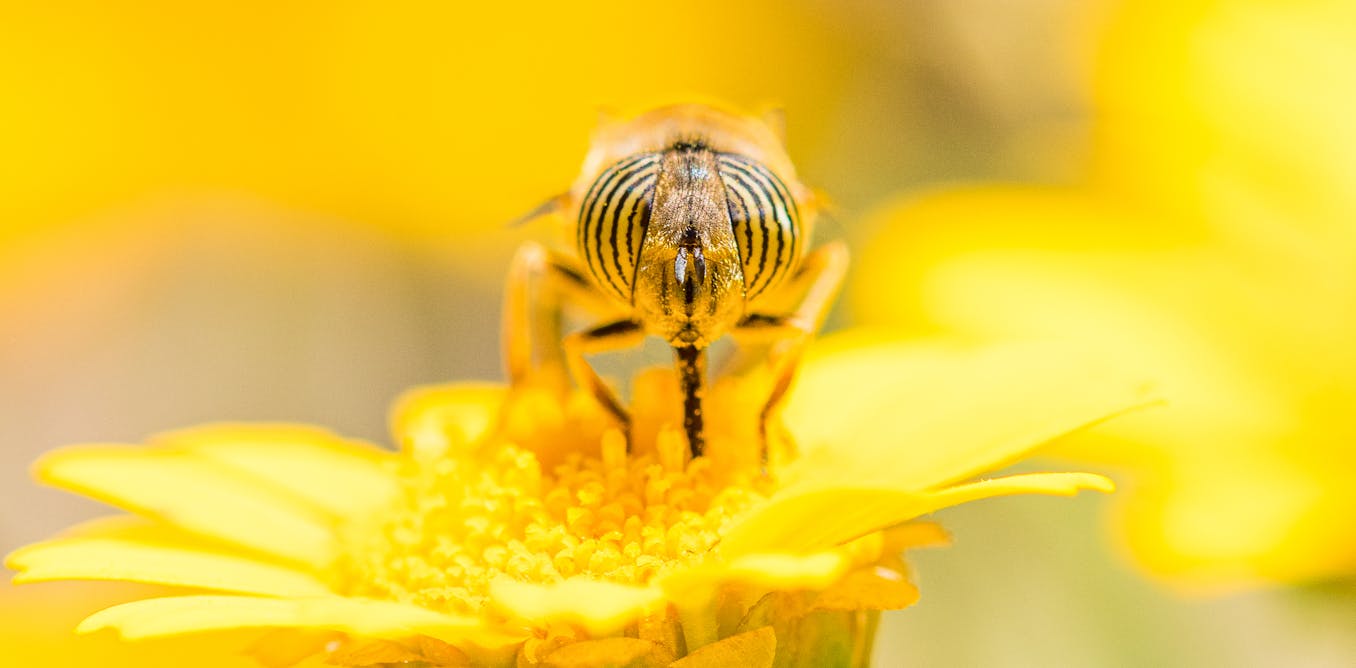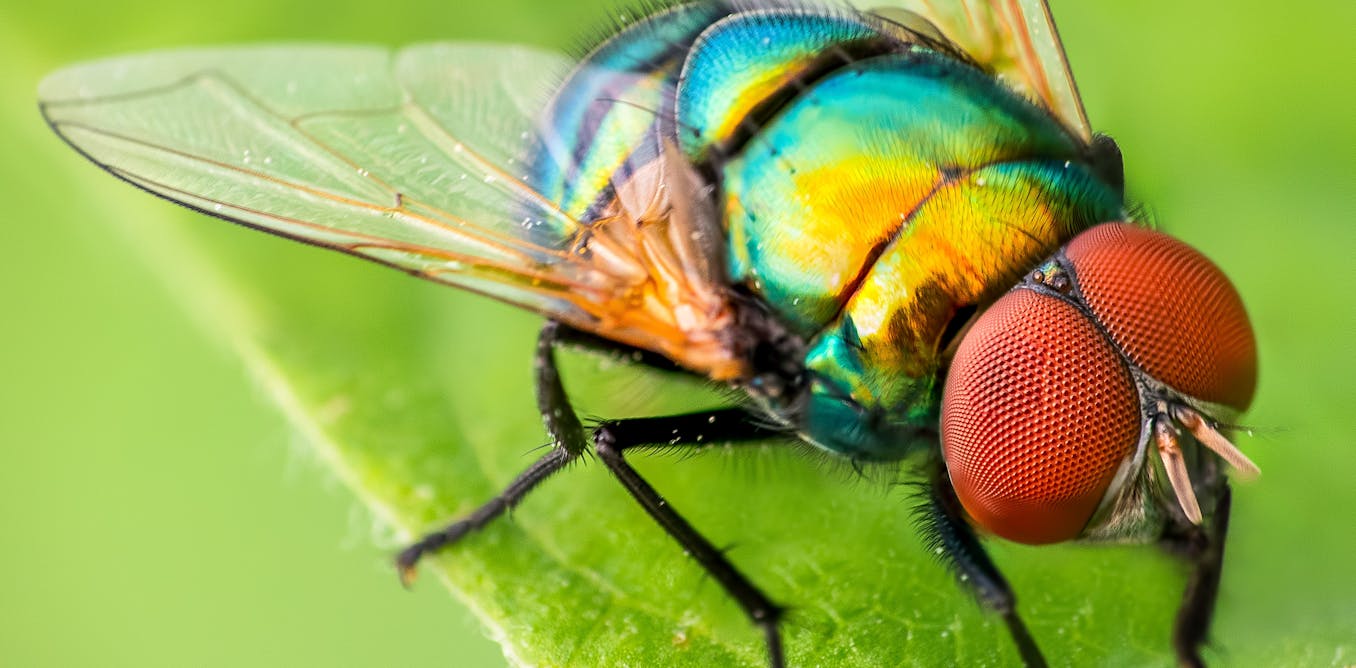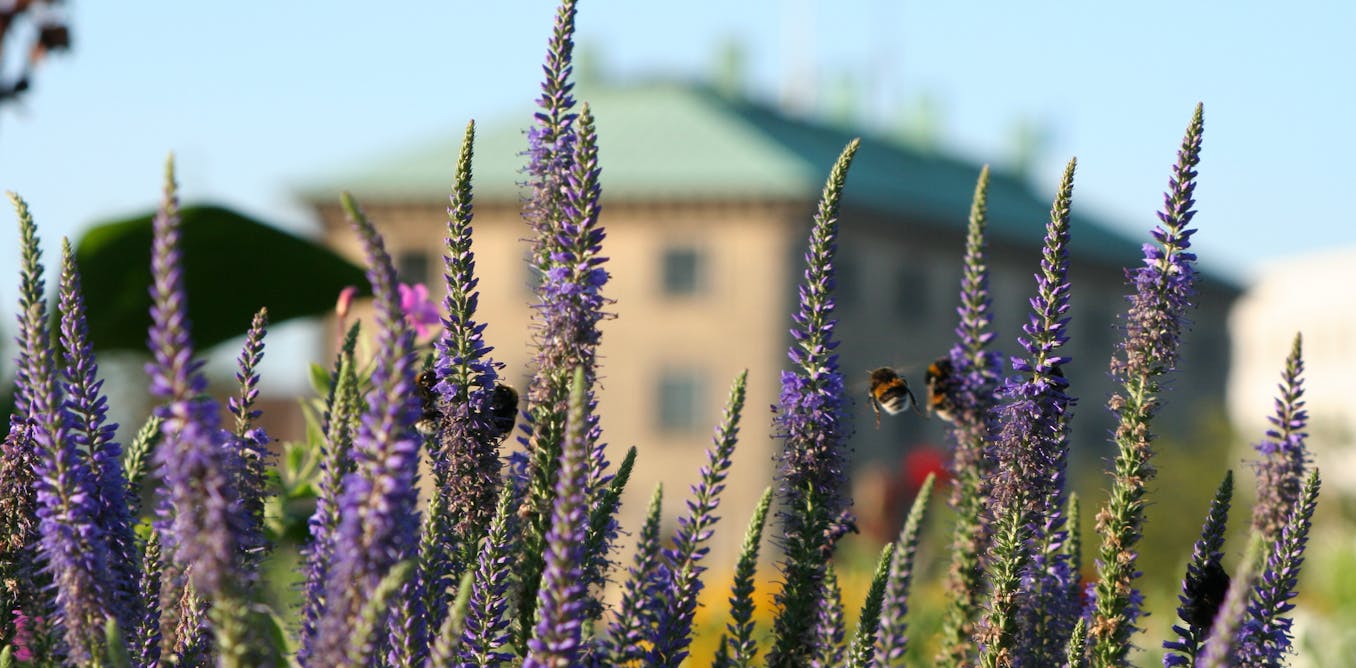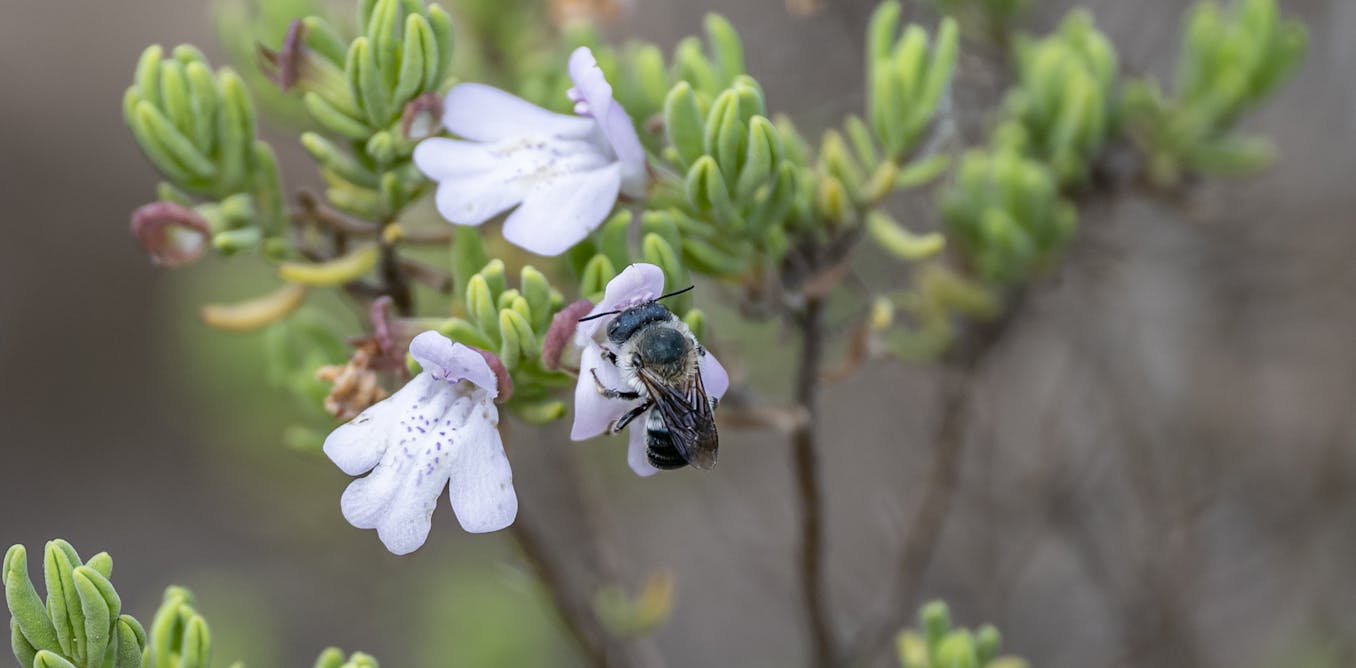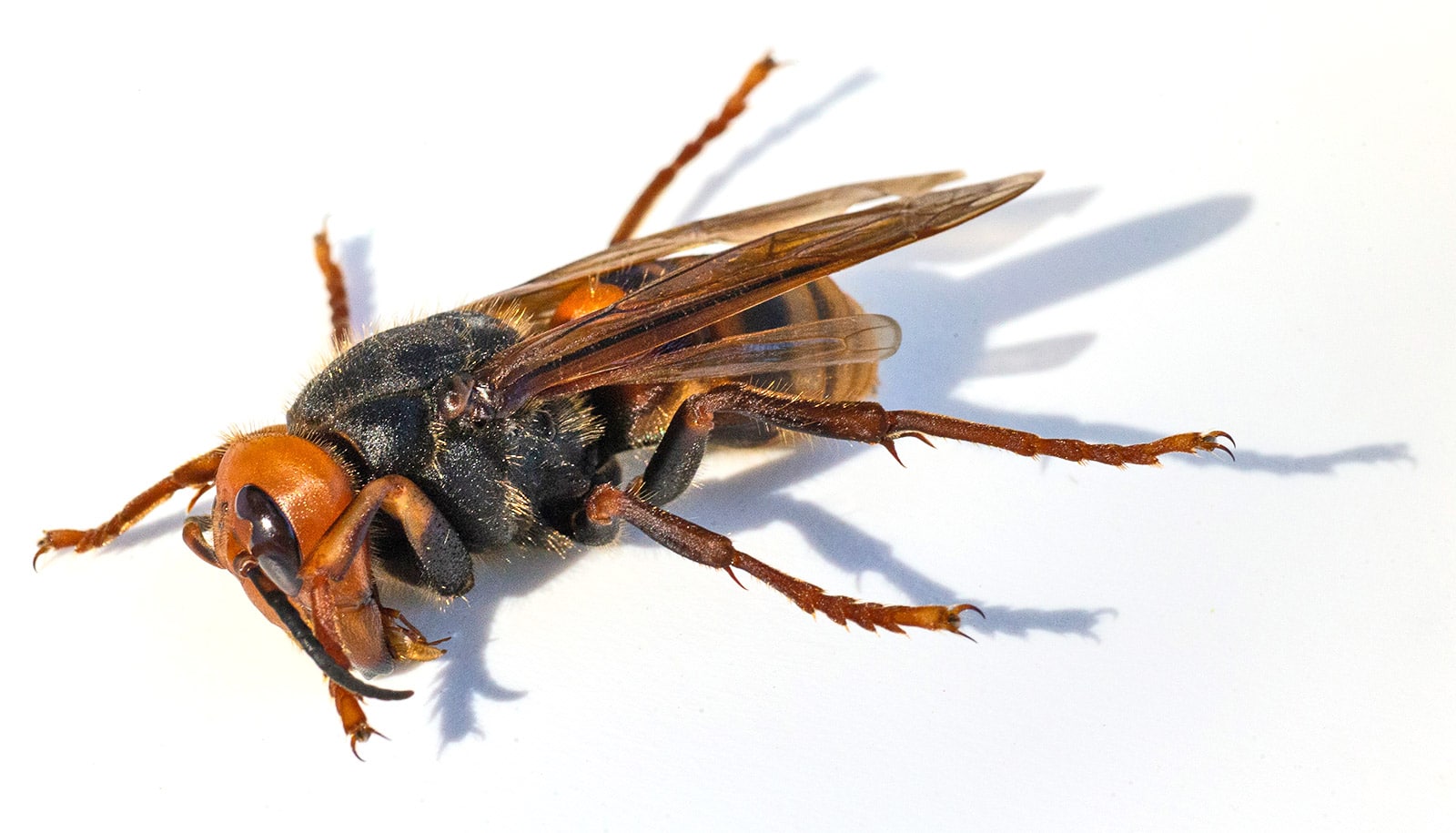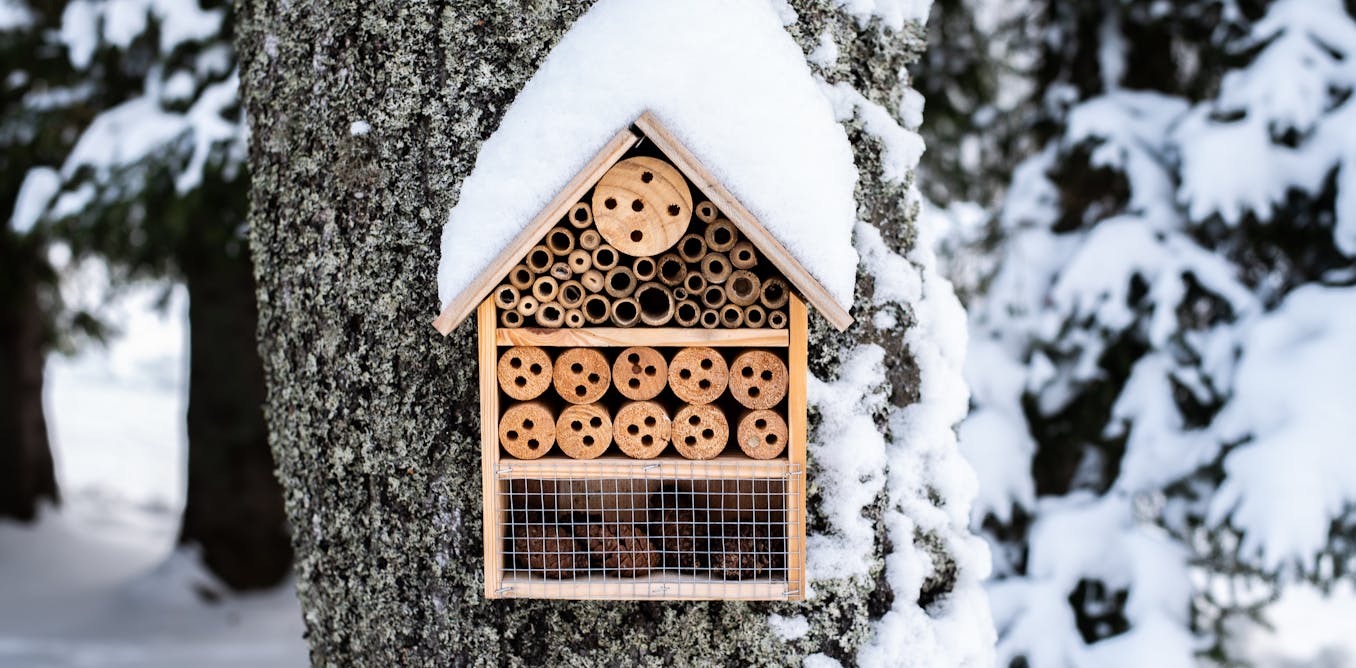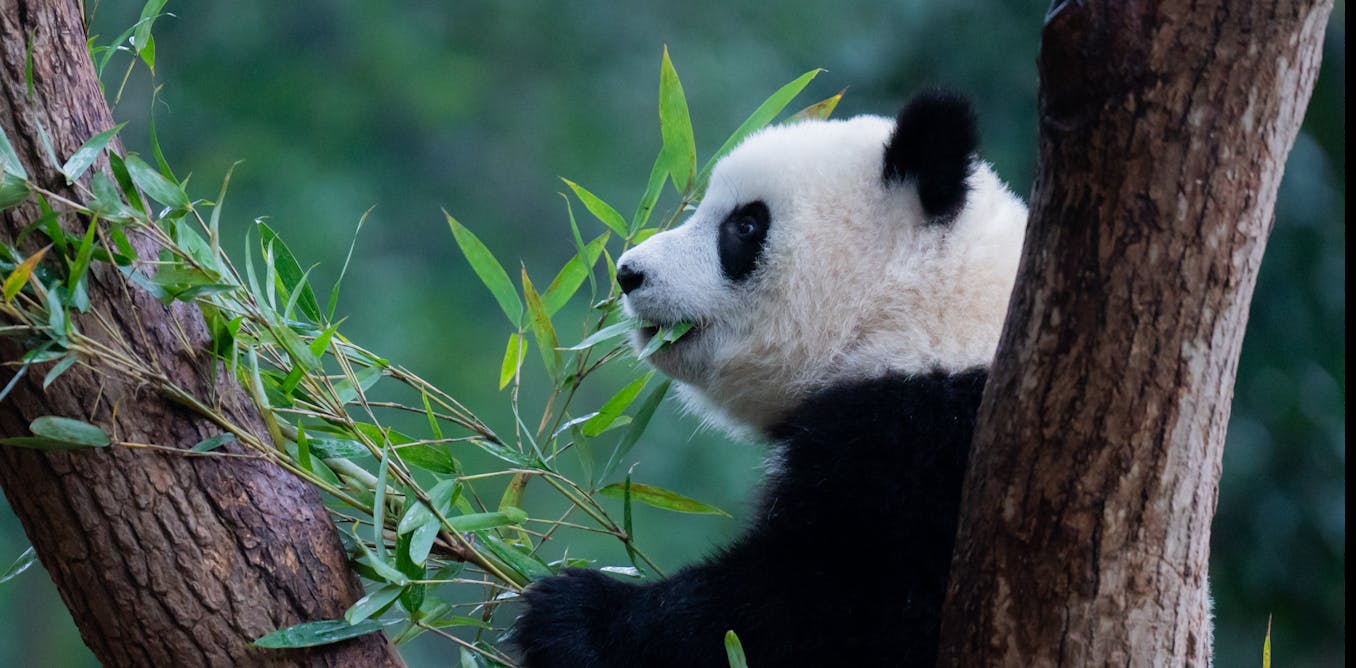Flies are masters of migration – it’s about time they got some credit
Flies are the most ecologically diverse and important migrant group. We just had no idea.
Will Hawkes, Insect Migration Researcher, College of Life and Environmental Science, University of Exeter •
conversation
April 2, 2025 • ~6 min
April 2, 2025 • ~6 min
Making sex deadly for insects could control pests that carry disease and harm crops
Mosquitoes cause around a million deaths per year. So, scientists are coming up with genetic engineering techniques that could lower their numbers.
Bill Sullivan, Professor of Microbiology and Immunology, Indiana University •
conversation
Feb. 21, 2025 • ~8 min
Feb. 21, 2025 • ~8 min
Planning for spring’s garden? Bees like variety and don’t care about your neighbors’ yards
A biologist explains what to focus on if you’re designing a garden with pollinators in mind − and what you don’t need to worry about.
Laura Russo, Assistant Professor of Ecology and Evolutionary Biology, University of Tennessee •
conversation
Jan. 7, 2025 • ~7 min
Jan. 7, 2025 • ~7 min
Plants that evolved in Florida over millennia now face extinction and lack protection
The future of scrub mints could be in jeopardy because of climate change, development and misclassification.
Andre A. Naranjo, Botanical Curator, Florida International University •
conversation
Jan. 6, 2025 • ~7 min
Jan. 6, 2025 • ~7 min
Climate change is making plants less nutritious − that could already be hurting animals that are grazers
Rising carbon dioxide levels in the air are making plants grow larger and faster, but diluting their nutritional content. This could threaten the health of herbivores worldwide.
Ellen Welti, Research Ecologist, Great Plains Science Program, Smithsonian Institution •
conversation
Dec. 20, 2024 • ~9 min
Dec. 20, 2024 • ~9 min
/
36



